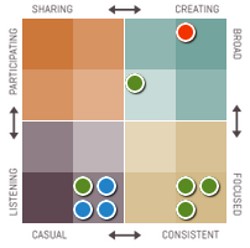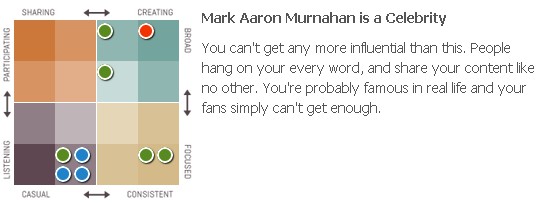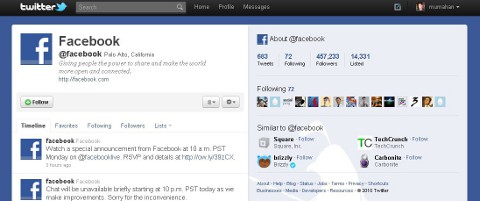
If you are one of those people who expect social media favors because somebody owes you something, just stop it! If you like something and find value in it, share it with others or do whatever it is that you do with good information. Just don’t assume that it means people owe you anything.
In business, and in life, reciprocity is a wonderful thing. It feels good to do business with people who do business with you, right? You have probably heard the old saying, “You scratch my back, and I’ll scratch yours.”
A problem with reciprocity comes when people start doing things they would normally not do, only in hopes of demanding favors in return. It is nice to reciprocate, but this does not mean it is implied.
I received a message on LinkedIn yesterday that read as follows: “Hi. I liked ur PAGE through LINKEDIN GROUP. Expecting ur LIKE and SUPPORT.” I thought to myself, “Really? You liked my page in order to add to my number of people artificially interested in my work and you want me to do the same? Oh, and ‘SUPPORT?’ Does this mean you want me to feed your kids, too?” I guess I just didn’t see that as any kind of favor.
If you like what I do, and you think you could learn something from a guy with over 20 years of successful marketing experience, by all means, “Like” my Facebook page. If you think you have done me some great favor and I am going to do you a favor by liking your Facebook page which has absolutely no interest to me, you need me worse than you think!
Why would you have any desire whatsoever to have me “Like” your Facebook page if I will never, ever, be a customer or recommend you to anybody because you are a a demanding douchebag who expects something from me?

Rather than to rewrite the whole thing, I want to share something I said in a previous article titled “Do You Tweet and Retweet Seeking Favors?” Here is the closely paraphrased version:
If all I was doing was tweeting, retweeting, blogging, Facebooking, YouTubing, Digging, Stumbling, and etcetera, because I hoped people would return the favor, would people still care what I had to say? I do not imagine the answer is “yes”.
Reciprocity Has Its Place
Don’t get me wrong, reciprocity certainly has its place, but if you are doing things with expectations of others doing things for you in return, don’t you at least think it should be something meaningful or useful?
The only time I recall actually being a little hacked by lack of reciprocity was from a car dealer. Hell, I purchased three brand new Corvettes and a Cadillac Escalade (total cost over $240,000) from this guy in under a year’s time, and I sent him many new customers. When he went to somebody else for his web hosting because it was cheaper than my recommended $209 per year plan, I kind of thought that was a bad business decision. Then when he asked me about a new website and used my website proposal to shop around, I wanted to kick him in the nuts. Yeah, I kind of felt slapped in the face, but I will still buy a car from him based on the merits of his business … not mine!

In summary, don’t “Like” my Facebook, subscribe to my blog, follow me on Twitter, link to this page, kiss my butt with kind comments in my blog, or anything else of the sort if it is only because you want something. Do it because you know I am not full of crap and because you receive value from my hard work.
I may reciprocate, but not because I feel guilty if I don’t.
I have just one more thought for you, and it is what my wife said when I mentioned this subject to her. Here is another way to look at it, and a brilliantly performed song.
Note that since I wrote this, I have replaced the Bonnie Raitt version of the song. Apparently she stopped allowing her YouTube videos to be embedded in web pages. this guy performs it nicely, too!
Dog Photo Credit to wsilver via Flickr
Podcast: Play in new window | Download









